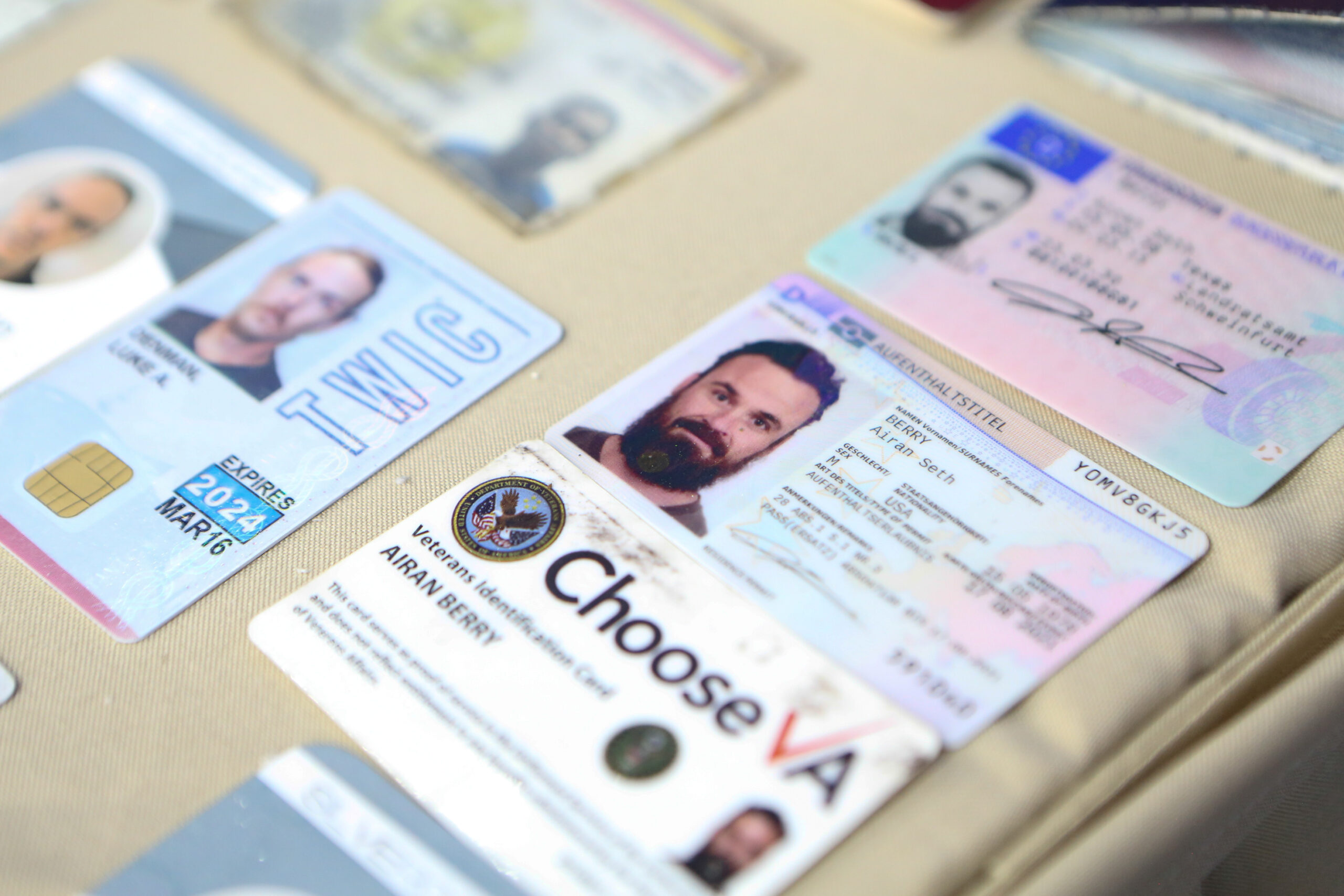

The COVID-19 crisis has made life more difficult for everyone, as millions of Americans have been stuck at home all day for months with no clear end in sight. On top of everything else going on, there is another threat that has become more popular during the global lockdown: catfishing. That’s right, scammers are using the lack of in-person access to their advantage in the hopes of financially exploiting trusting people. If you aren’t careful, you could become their latest victim.
Catfishing is, of course, not exactly a new concept. Since the earliest days of the internet, people have created fake identities online in order to fool others into giving them essential information, which will allow them access to their finances and other accounts. But there has been an uptick in catfishing since the COVID-19 pandemic began. Why? A lack of in-person interaction has left people feeling more vulnerable and lonely, as many are unable to get the companionship they would normally be receiving from friends and family.
As a result, people are spending more and more time trying to find that connection online. Someone who would not normally be susceptible to catfishing is suddenly a perfect target.
While COVID-19 has made most of us more vulnerable to being catfished, it has simultaneously made life easier for the catfisher. Along with having an increased amount of potential victims online, he or she doesn’t have to worry about many of the usual roadblocks, such as avoiding in-person meetings. Connecting fully online is now, more than ever, the new normal. As a result, someone can lie about every aspect of who he or she is and most people have no way of knowing. It’s a perfect storm of emotional turmoil and forced isolation that creates ideal circumstances for catfishing.
Catfishing occurs in every corner of the web, but dating apps have recently become an especially ripe area. The plan for the catfisher is simple: create a fake account, connect with as many people as possible, and lure information out of them. Whether it’s manufacturing a sense of intimacy or fabricating stories of financial woes, catfishers manage to get their victims to reveal highly-sensitive information that often results in identity theft, financial exploitation, or access to benefits.
Unfortunately, service members have become a frequent target for catfishers. Since 2012, active members of the military and veterans have lost more than $405 million through online fraud schemes. Being the victim of catfishing is a serious threat to your benefits, credit, and even your identity. The only way to ensure that you are protected from these threats is to take preventative measures now, rather than waiting until after it’s already too late. Thankfully, there are companies such as IdentityIQ services that work tirelessly to help protect you from being in danger of having your identity or data stolen by scam artists.
How does IdentityIQ services keep you safe online? First and foremost, through a variety of innovative preventative techniques that protect your identity and finances. IdentityIQ services monitor your credit score, your data, and even patrols the dark web to constantly give you peace of mind knowing you’re protected. If there is suspicious activity on your credit report or in your bank account, you can receive an alert so you can act quickly. You aren’t left totally in the dark as someone is destroying your financial stability.
But being safe online doesn’t just mean protecting your information; it also means having proper safety nets ready if something does go wrong. That is why IdentityIQ services have several systems in place so that, even if you do end up having your information stolen, catfishers won’t be able to successfully destroy your life. If you discover that your identity has been stolen, your IdentityIQ dedicated account manager can assist you through the fraud restoration process, restoring your identity as quickly and efficiently as possible.
Even in the worst cases, IdentityIQ services have your back with identity theft insurance with $1 million in stolen funds reimbursement. IdentityIQ services doesn’t just protect you, it protects your family. Each child living in your household can be fully insured for up to $25,000, so that you know your kids aren’t in danger of facing financial ruin due to having their identities stolen.
Catfishing is a very real risk. If you ignore it, you may find yourself on the losing end of identity theft. But with IdentityIQ services, your financial security is taken care of by experts who know exactly how to help defend you and your family from any potential threats, so you can rest easy knowing your online experience is a safe one.
This article is sponsored by IdentityIQ